Table of Contents
It’s no secret I have notes everywhere. I’ve made a lot of effort to curb where my notes go now, but the path of destruction is well and truly scattered behind me.
Just over a year ago, I started using digital note-taking tools. I used Obsidian for over a year and now I have switched to Capacities. They both have AI capabilities to help summarise and develop your notes and workflow.
However, I find myself going back to pen and paper for a lot of my cognitive processing. I use it more than I use any digital system. A notebook and pen are always there by my side. They sit there in the background of my note-making workflow as the undisputed champion of how I assimilate information.
In this increasingly digital age where AI is quickly consuming knowledge, pen and paper are my CPU (central processing unit) of note-taking. Lets explore this concept, because I’m worried we’re relying too much on AI to do our thinking. And thinking is a big part of what makes us human.
It is only in recent years, the massive switch to online note-taking has occurred
It’s only really since the 2010s note-taking has taken a massive switch online. Even then, its in the last three years since the pandemic, which has seen the largest leap in the capabilities of new software to do our thinking and information processing for us; our whole learning and rather scarily, thinking, has taken a very big digital leap as we place the ‘burden’ of cognitive demand on computer applications.
Rewind back to, what are now, ‘ye-olden days’, when I was at university (2004–2008), there were no laptops in lectures. You would be considered the teachers pet if you were taking notes on a computer during class. I was such a nerd, I had a desktop … 🤓
In secondary school, I was still handing in hand-written essays. The year 2000 was only a few years ago, right? Right?!
OK, ignoring the fact the whole Millennium-bug-thing is now a whopping 23 years ago, how we use digital systems in our work flow has revolutionised the kind of work we can do.
Don’t get me wrong, setting up my own digital systems has helped me to learn, but to think? No. The digital systems primarily act as a capturing device to offload (and upload) the information we are exposed to constantly every day. We still have to do the thinking.
But with the advent of AI, are we giving this away to computers as well — thinking being one of the very things making us human?

Computers are great for input and output, but paper is better for the bit in the middle
It doesn’t matter how fancy-pantsy digital tools get, pen and paper is the way I always come back to rolling. The feel of a good pen on any paper is just heaven.
Send me off with a pen and a notebook and I’ll keep busy for the day. I won’t feel stressed through information overload, in the same way I would if you sent me off with a laptop. My thoughts will be lighter and more enthused. I will have explored many different avenues, rather than be rabbit-holed into perfecting one.
I know what I’ve written comes out of my brain and isn’t plagiarised text from elsewhere.
I can draw pictures as easily as I can scrawl text. I can switch between bullets, headers and numbered lists without lifting a finger.
I get that it doesn’t suit everyone, but manual processing of thoughts reconnects us at a speed our brains are able to work at.
Notebooks are the CPU of the thinking world
Usually, what I write in my notebook, never sees the light of day again. But generally, what I have written has had its purpose and that is to process my thoughts. It’s the stepping stone between input (information) and output (writing).
In the words of Nick Milo, it’s ‘sense making’.
Do I need this information I write across pages and pages to be available in digital form? Some of it probably, but most of the writing doesn’t warrant further thought. The purpose of pen and paper is the process of linearising something spatially confusing in my brain. It helps me think and process information at a speed I have learnt to work with.
I’ve recently found a physical -> digital workflow I’m happy with in Capacities. One that is simple and harnesses the power of both systems.
My brain is a busy place. Neurodivergent if you wish to put a label on it. It thinks differently and needs a physical way to download and reconfigure connections.
Tools matter
Whereas with digital tools we are encouraged to ‘have a tool agnostic’ system, I find physical tools really matter.
I think it’s for this reason it transcends into wanting to find the perfect digital tool for ourselves, because tools do matter. Where we choose to write out our thoughts and process our brains, matters. If we are going to extend ourselves into the digital world, we want to use something with which we can connect, plug in and download.
We want something which thinks like us, works like us and feels like us. My brain works differently to your brain. I need my digital space to work differently from your digital space.
My tool needs to feel like it as extension of myself. But just how much of myself should my digital tool be privy to?
Why free pens aren’t for me
Whereas in my student days a free pen was the holy grail, it’s very rare now I accept them. The difference between a good pen and a bad pen is the difference between a bad, frustrated note and a beautiful brain stream of flowing text.
Which reminds me, I have a newsletter called Brain STREAM in which I discuss all things STEM and research with some creative arts thrown in. Want to think better and do great research? Then go ahead and subscribe.
A bad pen is icky. A good pen doesn’t have to be expensive. Right now I’m using a blue Staedtler stick 430 M. A pretty traditional biro, but one which can be a bit hit and miss. However this pen, in combination, ironically, with a free ‘Nutanix’ branded notebook, well, they are the dream team.
Digital systems encourage complexity
What I think we are all susceptible to, is making whatever system we use too complex. Digital systems embrace complexity; linking and associations and integrations. Whilst I am an avid user of these systems they aren’t always in our best interests to use.
This is the underlying reasons why we are encouraged to think a little beyond the tools and work out the underlying ‘thing’ we need.
Notebooks and pens are simple. I don’t need electricity, nor an internet connection. I could leave a notebook on a café table and nobody would steal it. They might read it, but chances are it would still be there when I got back. Someone may even write in it; how wonderful would that be?
But dare they write something in my digital brain? No, that feels like sacrilege.
My thoughts and the processing of them may not warrant stealing, but the information I have gathered and created are the most valuable thing to me.
AI worries me, because people are relying on it to think and process
AI is cool, I get it. I use ChatGPT sometimes out of curiosity and at times when I need the hive mind to give me their opinion. I get that people find it useful so they can work on other things and it is a fascinating technology. But it doesn’t create anything new, it just reprocesses what’s already out there.
Personally I try to stay away from it for the reason it is how the hive mind thinks, not me. I don’t want to think what other people are thinking, or process information in the same way everyone else is. In fact I can’t process information in the same way as most people do.
I’ve put a lot of effort into creating my brain world; the stories it wants to write, the businesses it wants to create. If I used AI, would I be trying to force myself to fit in the same box as everyone else?
What I’m most concerned about, is AI is taking the place of our notebooks. Whether your notebook is physical or digital doesn’t matter, but AI is taking the place where we stretch out and think and come up with ideas and thoughts. It’s taking out the process of assimilating information in our own way. In an individual way that extends to the tails of the bell curve.
Gone are the days when people sit and stare or read a real physical book whilst sitting in the park amongst the flowers. Who now sits with a notebook, out in the drizzling rain, smelling and experiencing and just being?
AI skips over the nuances and seeks general consensuses. It takes away the satisfaction of thrashing something out and coming up with an answer. It makes us lazy by feeding us the answer rather than working it out for ourselves; is that not how we learn?
If people are using AI to stimulate and progress ideas then we are throwing away some of our identity as a species.
AI is note for me
Our little brains cannot compete with the power of a custom-made digital AI-powered CPU, but essentially it’s just one very smart amalgamation of online society with the personality of a brick…
AI may become better than me at coming up with ideas, but then they aren’t my ideas. It might write better than me one day, but then it isn’t my writing. It creates art better than me, but with whatever prompt I use, it is only ever a representation of art I want to create; it’s not my art.
Where I might make an exception, is when AI is trained, or perhaps ‘constrained’, to use only my own information, notes and thoughts. But this is a output mechanism not an alternative to the initial note-taking or thinking strategy. This system will only be as good as the ideas I put into in the first place.
AI will always stay out of my notebooks and for me, this is where the most wonderful magic happens.
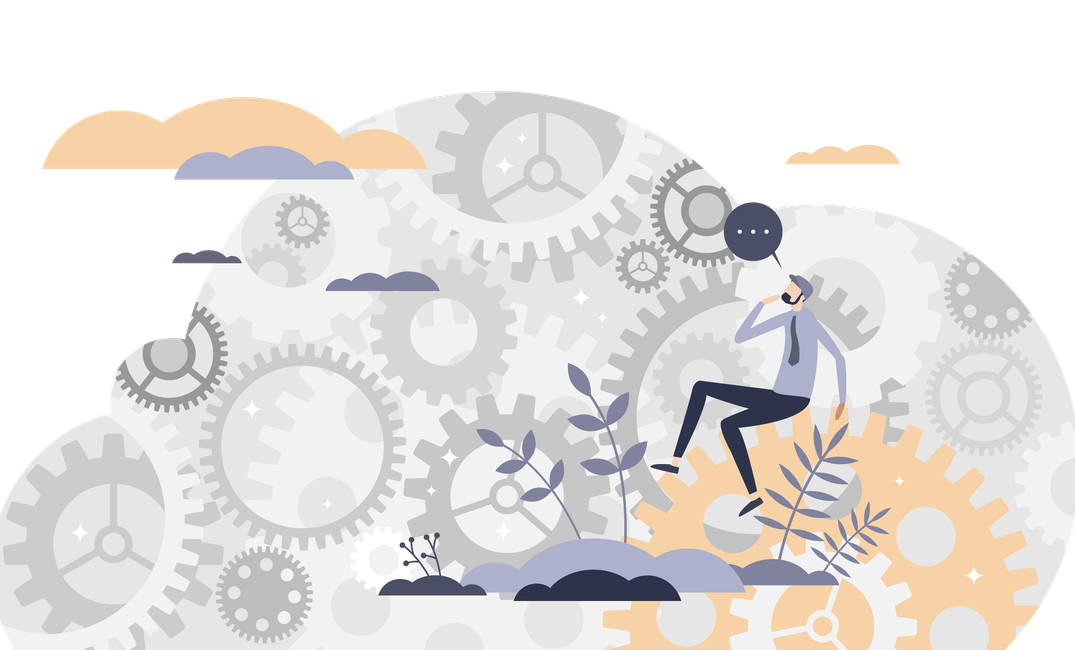


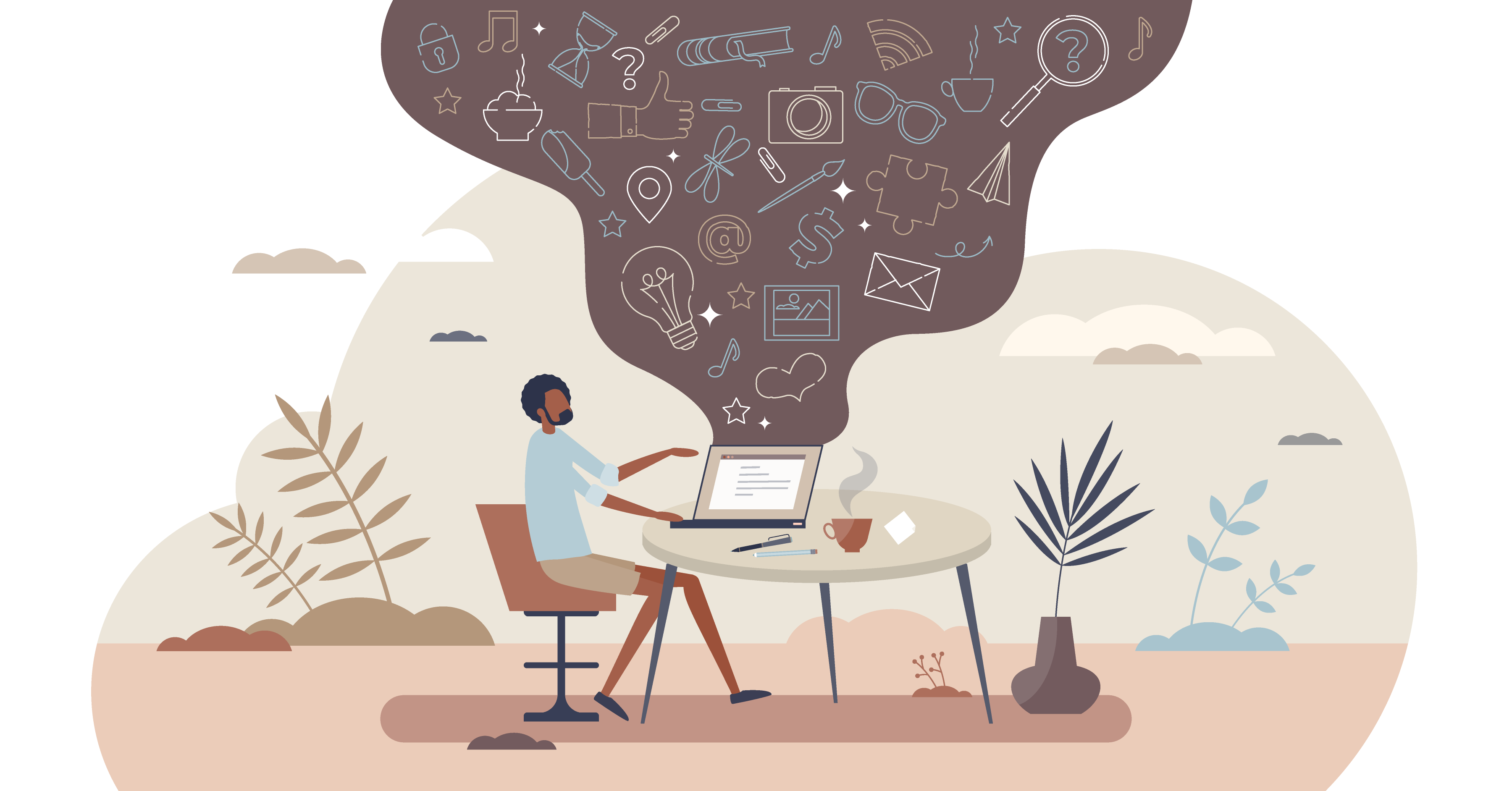
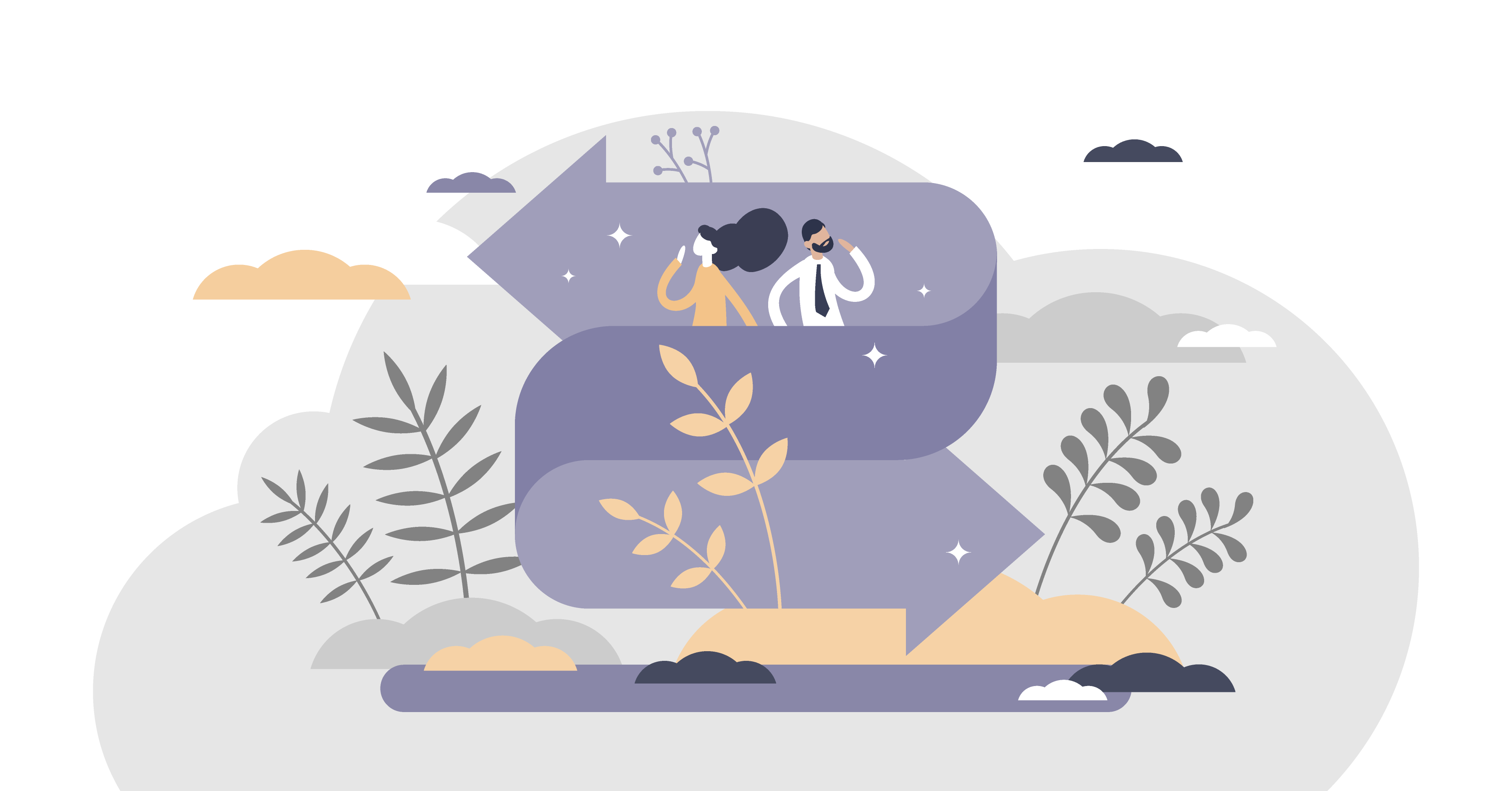
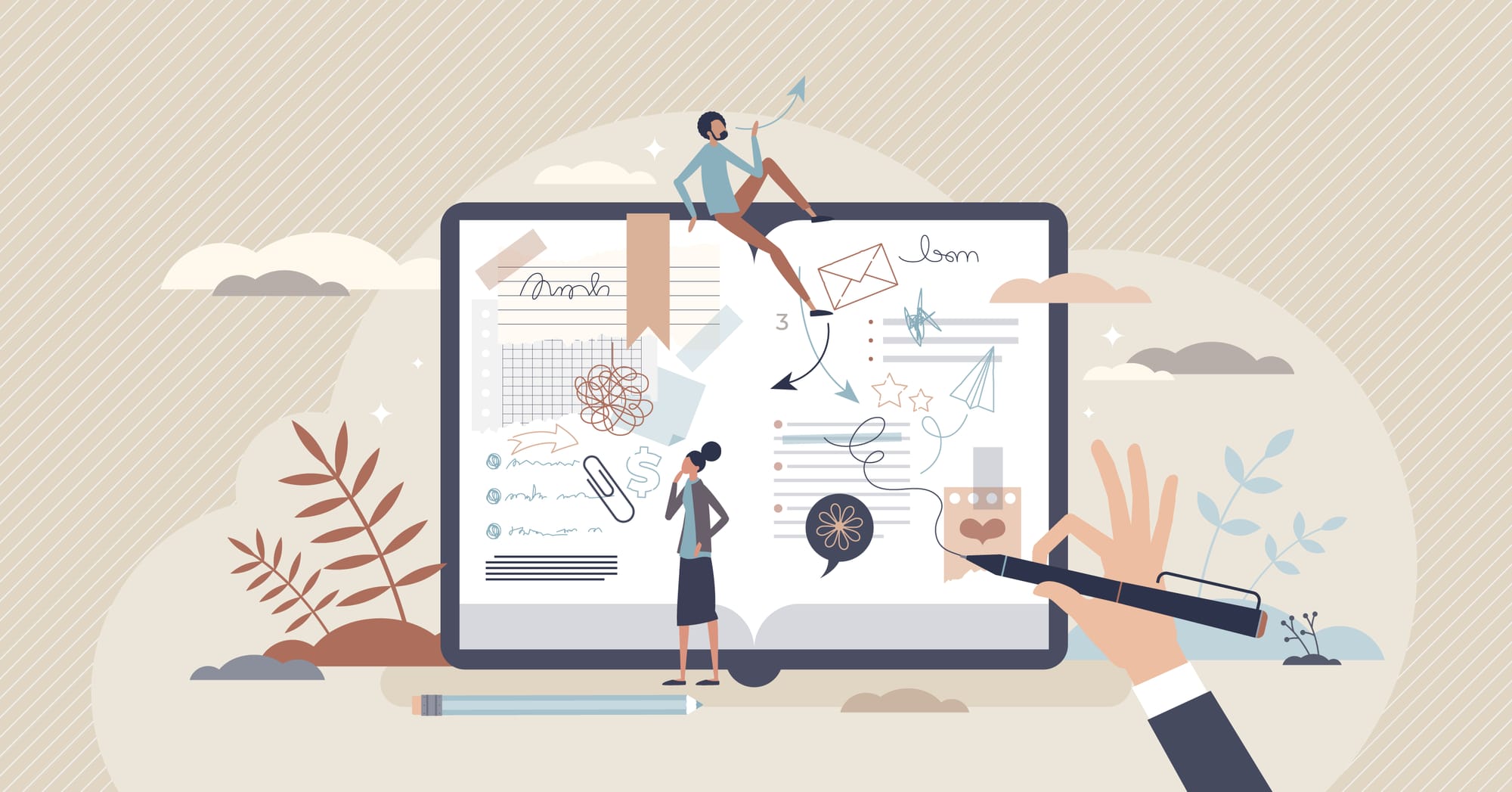
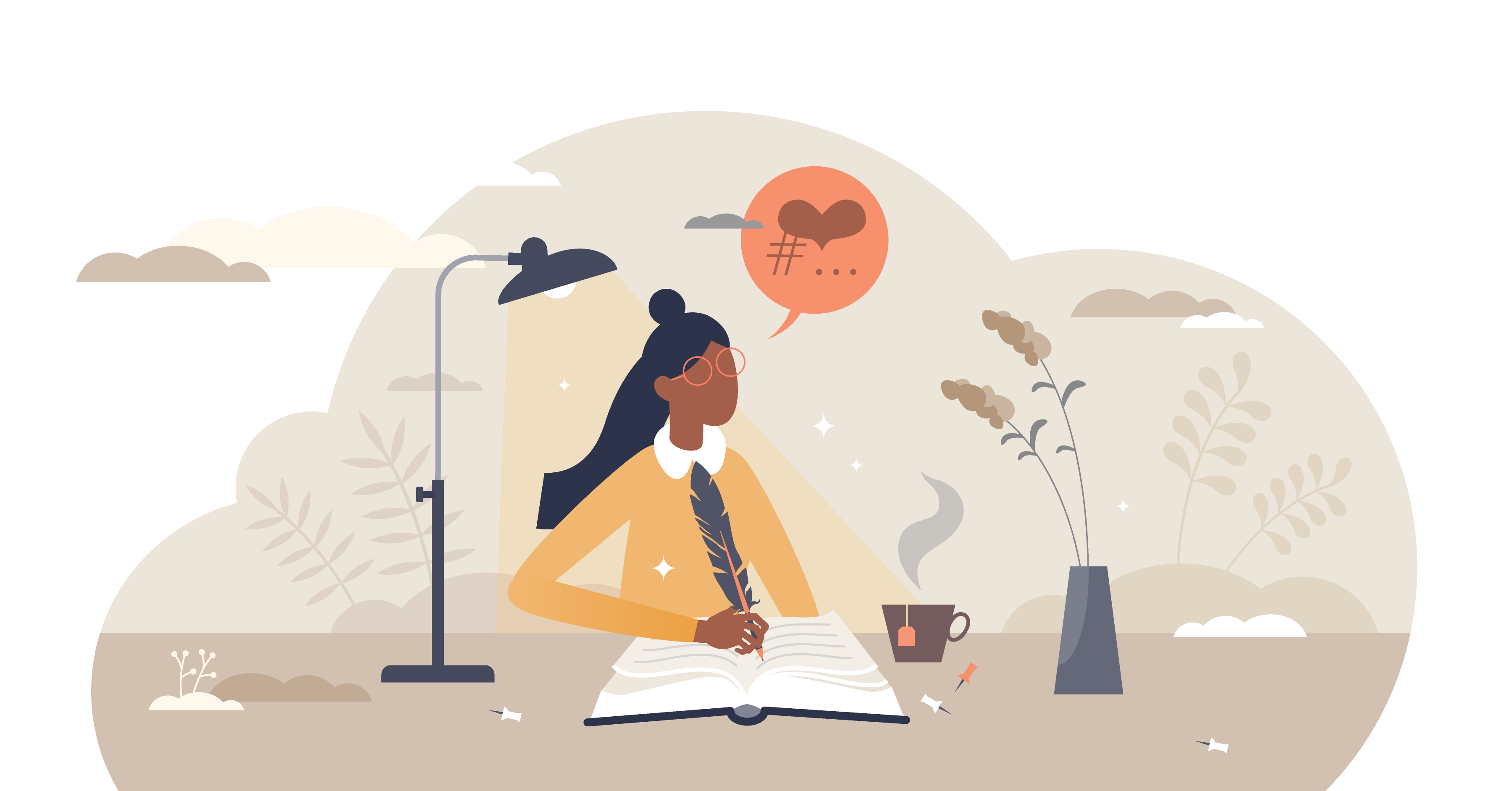
Comments